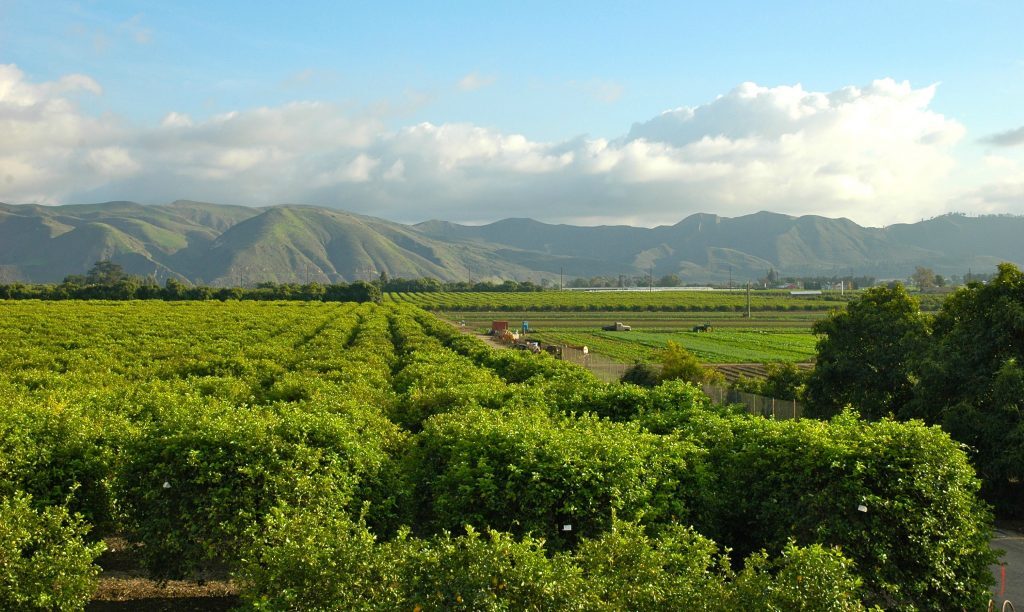
Washington, DC – Today, Congresswoman Julia Brownley (D-CA) announced the introduction of the Saving Our Interconnected Lives (SOIL) Act (H.R. 8754), which encourages conservation practices that benefit both soil and wildlife habitat under the U.S. Department of Agriculture’s Environmental Quality Incentives Program (EQIP) and the Conservation Stewardship Program (CSP). Specifically, this bill prioritizes applications for projects that address both soil and habitat resources, as well as increases federal payments and reimbursements to agriculture producers for initiatives that benefit soil and wildlife habitat and address climate change most effectively.
“Farmers, ranchers, and private foresters are on the front lines of the climate crisis and are actively working to build climate resilient lands that support their agricultural operations as they contribute to the world’s food and fiber production. However, at the current federal reimbursement rate, many landowners cannot afford to cover the upfront cost of implementing conservation practices,” said Congresswoman Julia Brownley. “The federal government needs to better support conservation practices that can benefit both soil and wildlife habitats to help producers fight climate change.
“Not only is climate change a key driver of biodiversity loss and can have significant impacts on wildlife and habitat on private land, but healthy habitats with rich biodiversity are more resistant to climate-related disasters, such as flooding, fire, drought, and sea level rise,” continued Brownley. “Research from leading scientists demonstrate that the biodiversity and climate crises are interconnected, so addressing climate mitigation through reducing emissions and sequestering carbon isn’t enough on its own to build climate resilient private lands. That is why the SOIL Act prioritizes those conservation practices that can benefit both climate and habitat.”
“We applaud Representative Brownley’s foresight and commitment to combating the biodiversity crisis from the ground up,” said Robert Dewey, Vice President of Government Relations for Defenders of Wildlife. “Our nation’s farmers are some of the best stewards of our landscapes and deserve broad support for their conservation efforts. We encourage bipartisan support for the SOIL Act and hope for its swift passage.”
To build climate resilient farms and ranches, the SOIL Act would:
- Prioritize applications under EQIP and CSP for projects that address both soil and habitat.
- Provide payment to agricultural producers at 90% of the cost associated with performing a practice that simultaneously benefits both soil and wildlife habitat under EQIP.
- Provide supplemental payments for activities that benefit soil and wildlife under CSP.
Read the full text of the SOIL Act, here.
###
Issues: 118th Congress, Agriculture, Climate Crisis, Environment